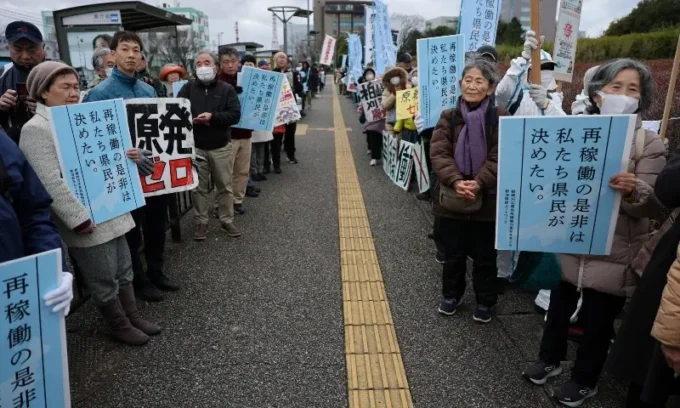The Japanese government is preparing a comprehensive AI Basic Plan by end of this year, aiming to make the country “the world’s most AI-friendly nation for development and utilization.” The draft strategy proposes four core policies intended to balance technological innovation with risk management.
AI adoption in Japan remains relatively low: about 20% among individuals and 50% among corporations, according to the draft. To boost uptake, the proposal emphasizes that government agencies and local municipalities take the lead by using AI to improve operational efficiency. It also envisages enhancing Japan’s defense capabilities through AI.
A key pillar of the plan is Japan’s strength in “high-quality data,” which influences the accuracy and reliability of AI systems. The draft calls for investment in reinforcing Japan’s development capacity, including skills, infrastructure, and research, to better leverage its data assets.
The plan also flags potential risks tied to AI deployment—such as misleading or incorrect outputs, disinformation, and threats to national security. It underscores the importance of developing governance mechanisms, reviewing civil liability frameworks, and ensuring proper protection of property rights, especially copyright. International cooperation and rule-making are seen as essential.
To finalize the strategy, the government is planning to convene a meeting of its AI Strategy Headquarters, chaired by Prime Minister Shigeru Ishiba. An expert panel will then be formed to flesh out the details, with the goal of securing Cabinet approval before year’s end.















Leave a comment